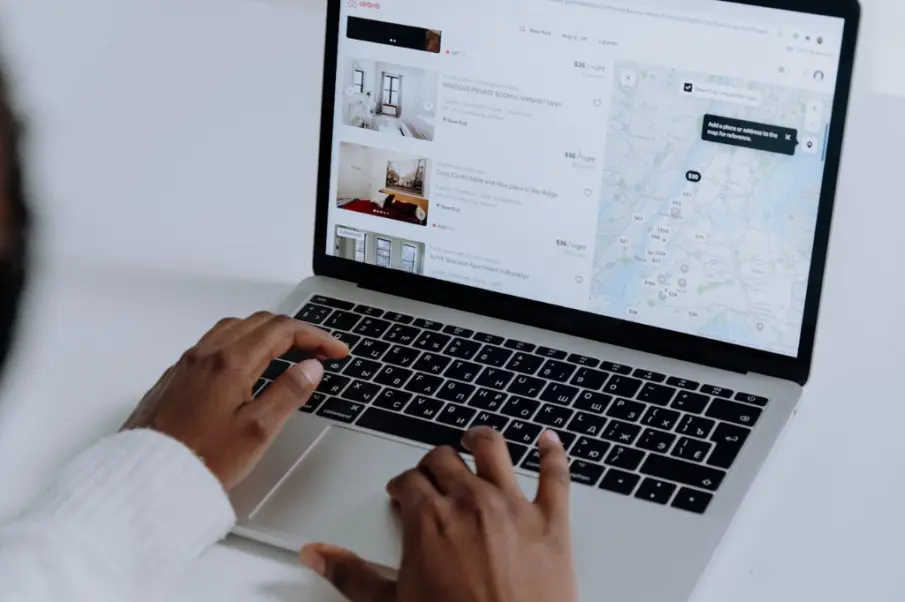How to Sell a House With Zero Online Listings
In today’s world, most home sales seem to revolve around one thing: online exposure. But not everyone wants their property splashed across the internet. Whether it’s for privacy reasons, a unique selling strategy, or personal preference, you can sell a home without listing it online.
It might sound risky at first, but with the right approach, offline selling can still yield a great deal. Many homes change hands privately and efficiently without ever being posted on Zillow or Facebook. Let’s break down how this works and how to make it successful.

Why Some Sellers Skip the Internet
Not all homeowners are comfortable with the digital spotlight. Privacy concerns are a common reason some people simply don’t want strangers scrolling through their interiors. For others, it's about exclusivity. Keeping the sale offline can create a sense of scarcity and drive more serious buyer interest.
Sometimes, people are selling under unique circumstances like divorce, death in the family, or financial hardship, and they want to keep things discreet. Others might be targeting a very specific kind of buyer and know exactly where to find them offline.
Build a Strong Network First
Your first step in selling a house without online listings is creating a network of connections. This could include:
- Real estate agents who specialize in private listings
- Local investors or property developers
- Attorneys and financial advisors who may know buyers
- Word-of-mouth through friends, family, or community networks
Think of it as selling through relationships, not reach. The more people who know about your home in trusted circles, the more chances you'll have to connect with a serious buyer.
Use Old-School Marketing That Still Works
Even without online tools, traditional methods can be surprisingly effective. Well-designed flyers, brochures, and For Sale signs in strategic locations still draw attention. Open houses (by invitation only) can create buzz in your local area without alerting the entire internet.
You can also place ads in local newspapers, real estate magazines, and community bulletin boards. Focus on visuals and clear contact details. If you’re targeting an upscale buyer, high-end print materials can go a long way.
Work With a Discreet Real Estate Agent
Many agents today rely heavily on MLS and online traffic, but some specialize in off-market or pocket listings. These agents already have buyer networks looking for exclusive deals and are comfortable working quietly behind the scenes.
They’ll help with pricing, paperwork, negotiation, and closing just like any other agent, but they won’t post your home on big listing platforms. Make sure to clarify your expectations and their experience in off-market deals before signing any agreements.
Tap Into Professional Buyers
If your goal is speed and simplicity, consider selling directly to a cash buyer or real estate investor. These professionals often prefer off-market deals themselves and are used to working quickly.
This route can eliminate many typical selling hassles: no staging, no public showings, no long negotiations. While the offer may come in a bit below market value, the convenience and discretion can be worth it.
A great example is companies like Stillwater Properties, which specialize in buying homes as-is, with or without an online presence. They often work directly with sellers and simplify the entire process.
Lean Into Local Influence
Your neighbors, friends, and local business contacts can be powerful allies in your sale. Talk to people at your church, local coffee shop, or community group. Even casual conversations can lead to a lead; someone always knows someone who’s looking.
Small community newsletters or localized mailing lists can also help. Some HOAs or neighborhood groups even have private directories or internal communication platforms where you can share information selectively.
Prep Your Home Just Like Any Other Sale
Even if you’re avoiding the internet, you still need to make your property shine. Clean, repair, declutter, and stage the space if you want to get the best possible price. If you’re inviting buyers in person, their first impression will still be everything.
Hiring a home inspector in advance and fixing major issues can build trust with buyers, since they don’t have online reviews or a digital listing to guide them.
Timing Still Matters
When selling off-market, the timing of your listing can still impact your results. Spring and early summer are typically peak seasons when more people are actively searching. You might find buyers more quickly and close the deal faster.
That said, fewer listings in off-seasons may work to your benefit, too. If you're one of the only homes available in a desirable neighborhood.
Stay Legally Protected
Just because the process is offline doesn’t mean it should be informal. Work with professionals who understand real estate contracts, disclosures, and local laws. This includes real estate attorneys and agents familiar with private sales.
Everything should be documented properly, from purchase agreements to inspection timelines, to avoid future legal issues. A lack of online listing doesn’t mean a lack of responsibility.
Know the Pros and Cons
Selling without an online listing has both advantages and limitations. On the plus side, you get more control, more privacy, and possibly fewer interruptions. But you also lose out on the massive exposure that platforms like Zillow or Redfin provide.
Think about your priorities: Is speed more important than price? Is privacy more valuable than a bidding war? There’s no one-size-fits-all answer, but there is a strategy for every seller.
Bottom Line: It's All About the Right Fit
You don’t need a flashy online listing to sell your home successfully. With strong local connections, a smart agent, and a clear plan, you can reach the right buyers without ever posting a single photo online. It’s about tailoring the process to match your needs and trusting that there’s more than one way to close a deal.
More to Read:
Previous Posts:

